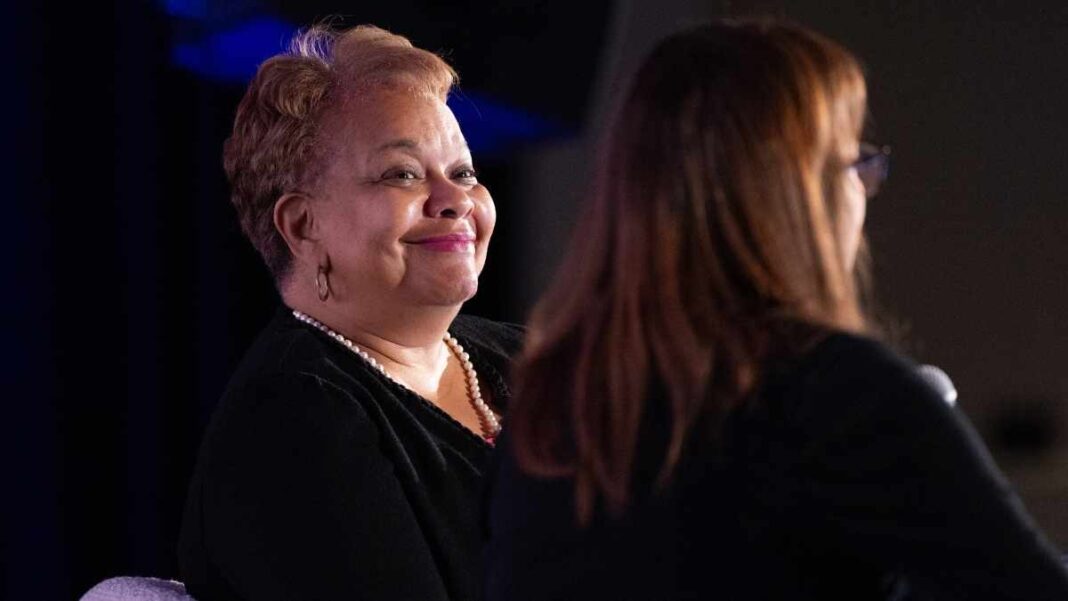The Federal Housing Finance Agency (FHFA) announced on Monday morning that it will treat, in some aspects, loans in COVID-19 forbearance similar to those in natural disaster forbearance.
The change, to be implemented on Oct. 31, means pandemic-related forbearance mortgages will remain eligible to certain rep and warrant relief based on the borrowers’ payment history for three years.
In practice, the borrower’s time in forbearance will be included when demonstrating a satisfactory payment history in the first 36 months following origination.
“I am announcing today that we have directed the Enterprises to extend their rep & warrant policies for loans affected by natural disasters to cover mortgages that have successfully exited a COVID-19 forbearance plan,” FHFA director Sandra Thompson said during the MBA Annual 2023, a conference held Oct. 14-17 in Philadelphia.
“Now, loans that are eligible for repurchase relief after three years will not lose this relief due to a COVID-19 forbearance. Similar to the Enterprises’ natural disaster policies, missed payments during the COVID-19 forbearance will not cause a loan to lose eligibility for the 3-year rep & warrant sunset.”
The FHFA understands that forbearance was an “invaluable” tool during the COVID-19 pandemic, and the loans serviced “should not be subject to greater repurchase risk simply because a borrower was impacted by the pandemic,” according to Thompson.
In reaction to the announcement, Bob Broeksmit, president and CEO of the Mortgage Bankers Association (MBA), said that “FHFA’s policy change to provide rep and warrant relief for performing seasoned loans that have successfully exited COVID-19 forbearance plans is a longstanding recommendation that we are pleased to see implemented.”
Bi-merge, appraisal udates
Thompson also said the FHFA efforts to implement a bi-merge credit report “are moving full steam ahead.”
On Monday, the FHFA also published its new Uniform Appraisal Dataset (UAD) appraisal-level public use file. It contains appraisal-level data from a nationally representative 5% sample of appraisals conducted between 2013 and 2021 and associated with mortgages acquired by Fannie Mae and Freddie Mac.
The dataset can be used to, among other things, study housing valuation, housing market disparities and inequities, and consumer preferences.
“This data will allow stakeholders to continue to shine a light on the issue of appraisal bias and will allow public users to assess that issue as never before, within the framework of our laws that also support a consumer’s right to privacy,” Thompson said.
Source









